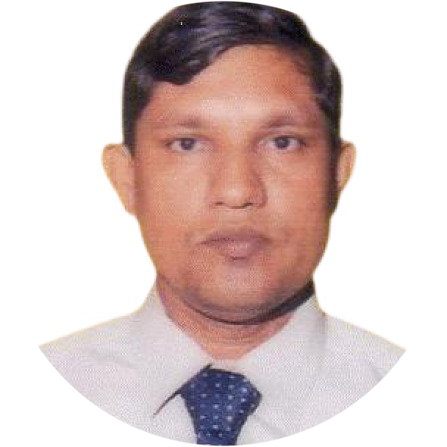
Dr. H M Nawarathna Banda
Department of Economics - University of Kelaniya
Dr.H.M.Nawarathna Banda completed his PhD at the University of Kelaniya in August 2009 under the NCAS grant scheme and his thesis was on “Poverty and Coastal Resource Management of Sri Lanka with Reference to the North Western Coastal Belt.”
His thesis was ably supervised by Rev. Dr. W. Wimalarathana, Senior Lecturer at the Department of Economics, University of Colombo. In his thesis, he investigated the problems of management of both human and natural resources in the coastal belt in Sri Lanka which are currently considered to be inefficient and wasteful. After surveying the existing resource management practices, tools and mechanisms in the area, Dr. Nawarathna Banda has suggested improvements and changes which would guide the policy makers, the Government and the NGO sector with possible improvements. He proposes more participatory management and training for the fishermen who live in the coastal belt; and recommends improvements for efficient resource management towards sustainable development and poverty reduction.
Research Abstract
Coastal Poverty and Human Resource Management in Sri Lanka (with reference to Gampaha District Coastal belt)
Combating and eradicating poverty is one of the principal priorities of the international community. The world development report 2000 enlarges the traditional conception of poverty encompassing both low levels of income and consumption and low levels of achievement in education, health and nutrition status with two other dimensions, namely vulnerability and powerlessness.
The poor are most affected by environmental damage, mismanagement of human resources and live in most degraded areas. The poor affect the marginal natural resource base on which they depend, and may cause further harm by overuse. Failures of government Policy and lack of education opportunities, markets and institutions are the major underlying causes. Poor people are often impoverished by a declining resource base, and thus forced to degrade the environment further for example, through coastal habitat destruction, sand mining, coral reef harvesting and over-fishing.
The objectives of this study are identifying the reasons for coastal poverty, identify the impact of lack of Human and natural Resource Management on coastal poverty and identifying the solutions for coastal poverty.
The study is based on hundred families from the Bimpadura village in the Gampaha District coastal belt. It uses both primary and secondary data. According to the collected data and observations there is serious poverty in this area due to mismanagement of Human and Natural Resources. Poverty and resource management problems in the coastal zone of Sri Lanka have been further exacerbated by the lack of opportunities for education and weaknesses of government policies.